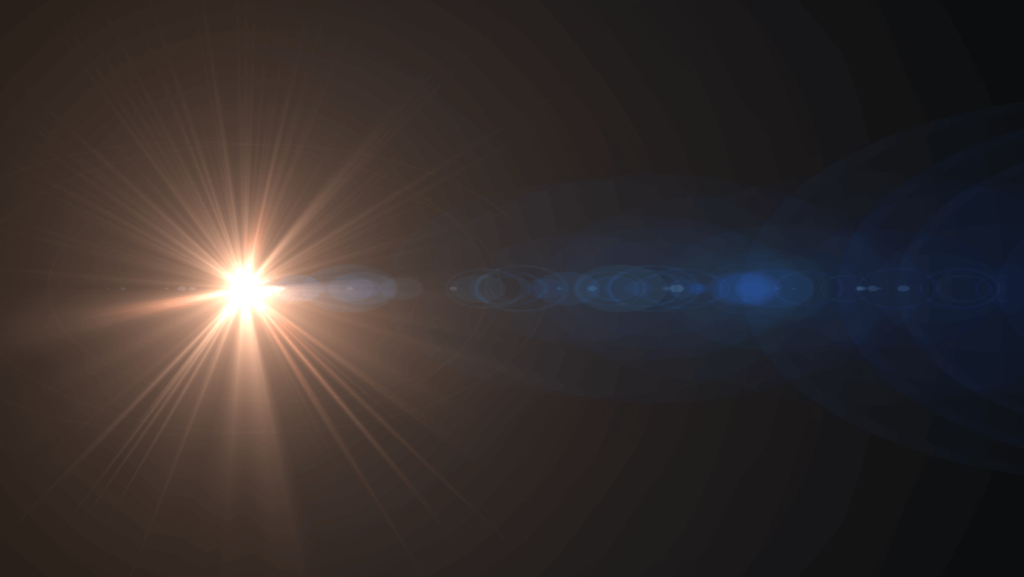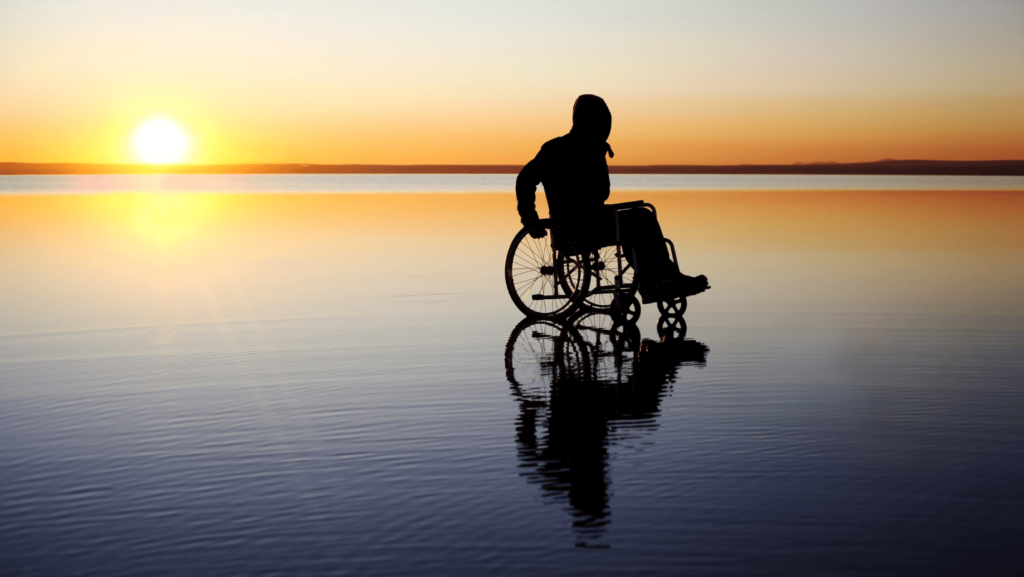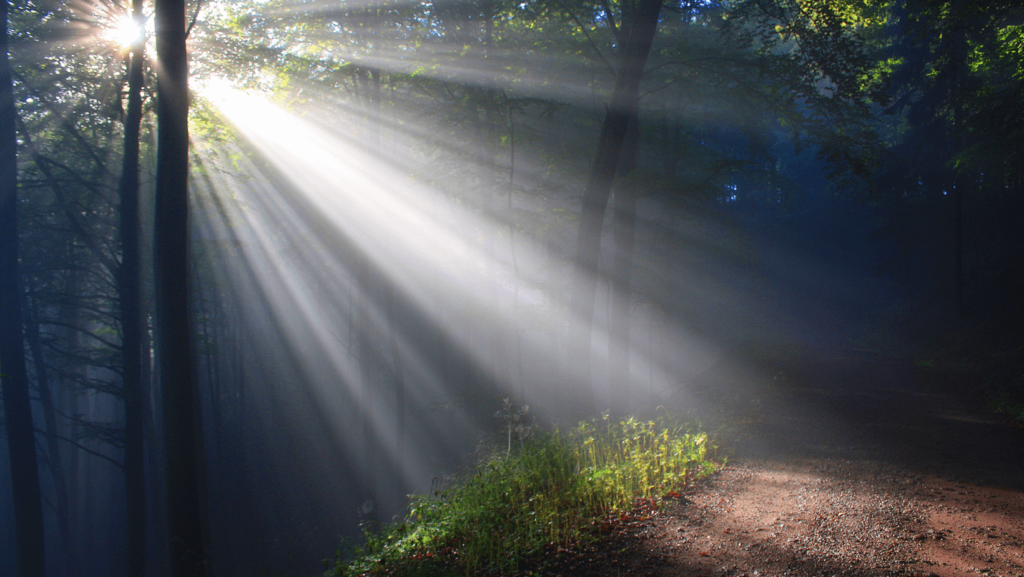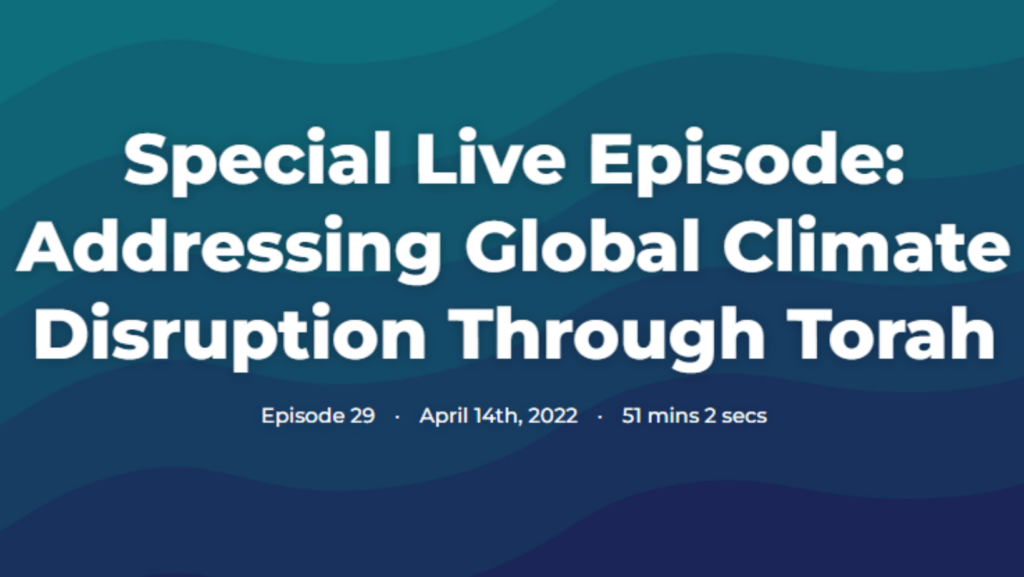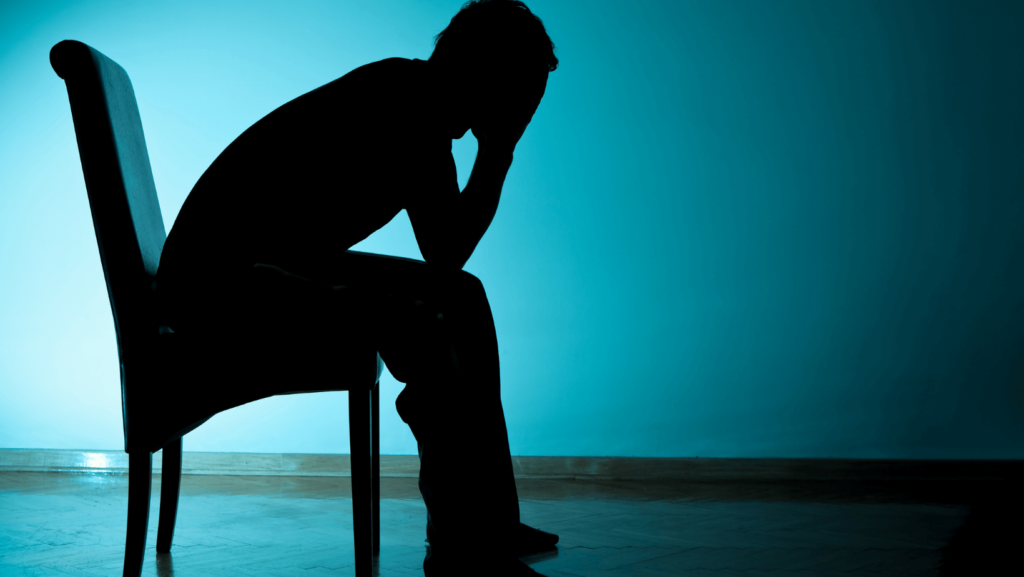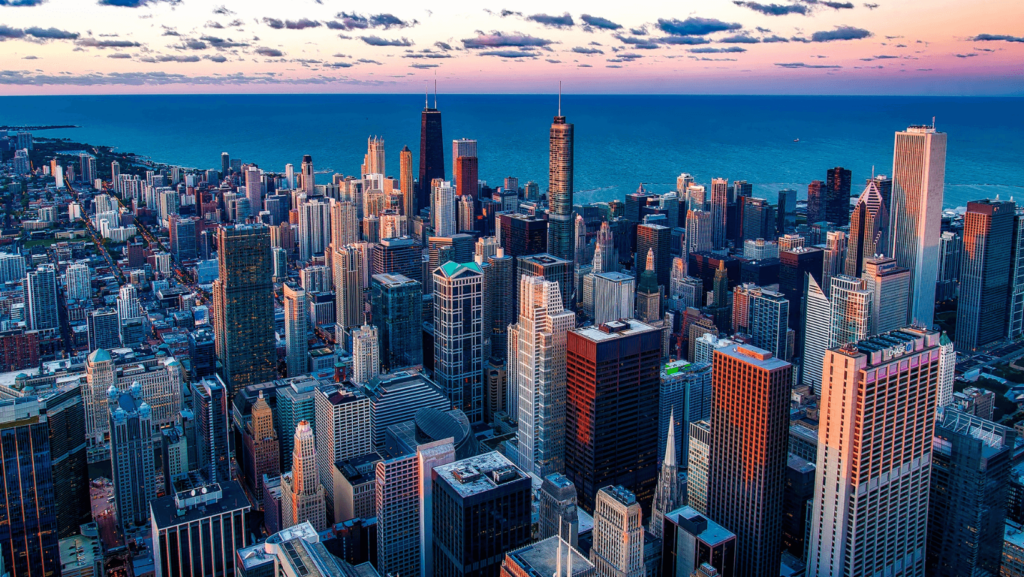
Read: The Warmth of Other Suns
Isabelle Wilkinson’s magisterial narrative of the Great Migration may be ideal reading for Black History Month, or any time of year. In examining how his own life diverged from that of one of the book’s African– American protagonists, Rabbi Benjamin Barnett offers a window into race and religion in urban

